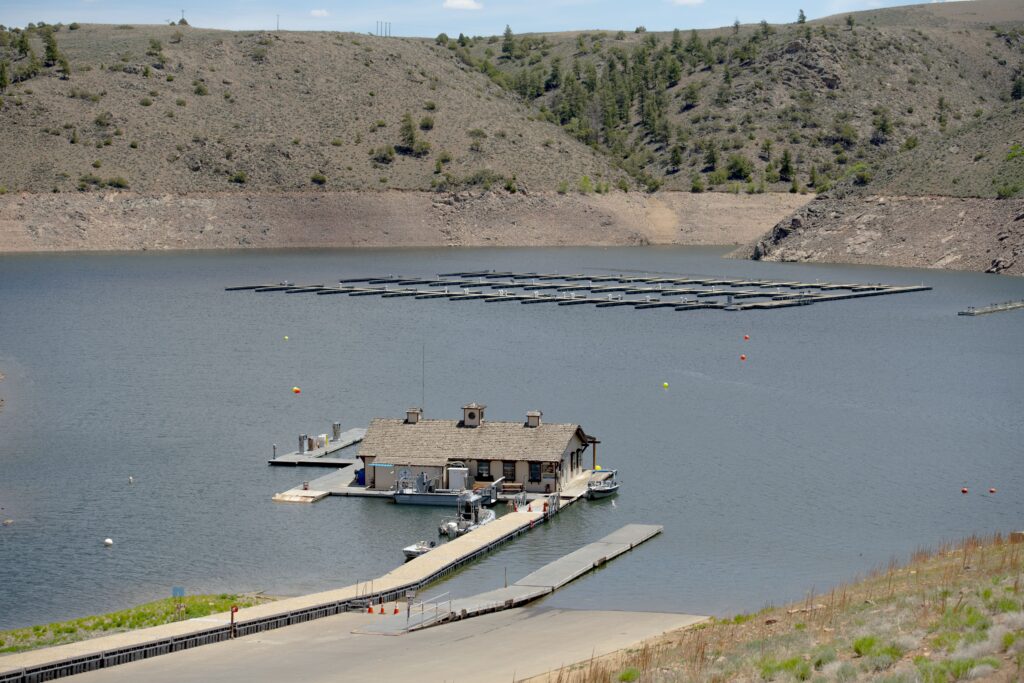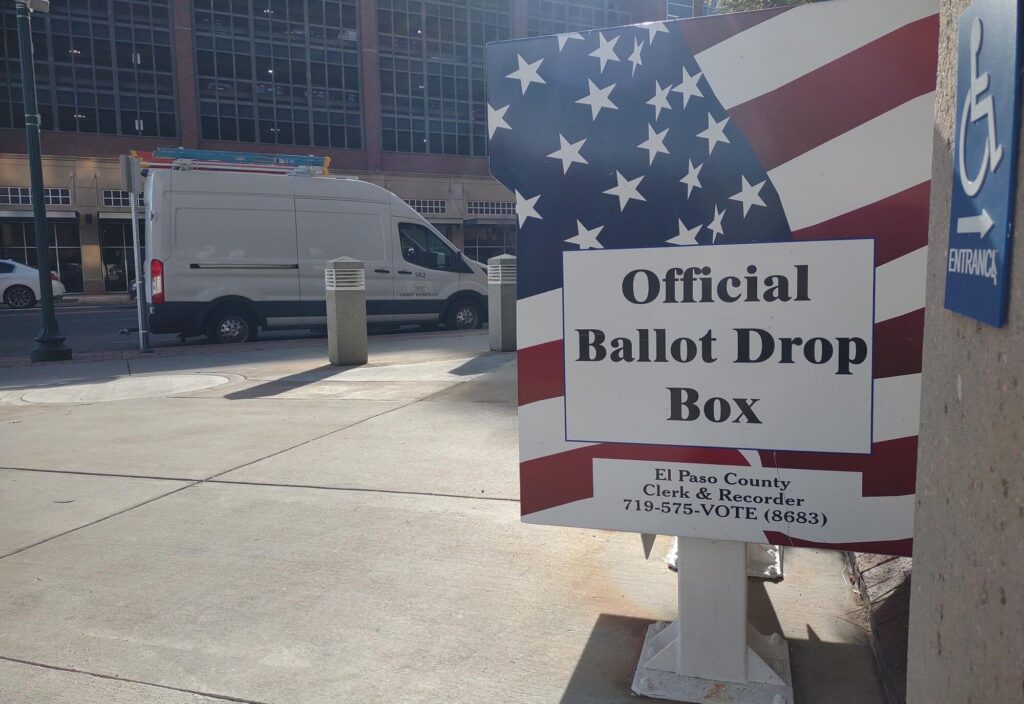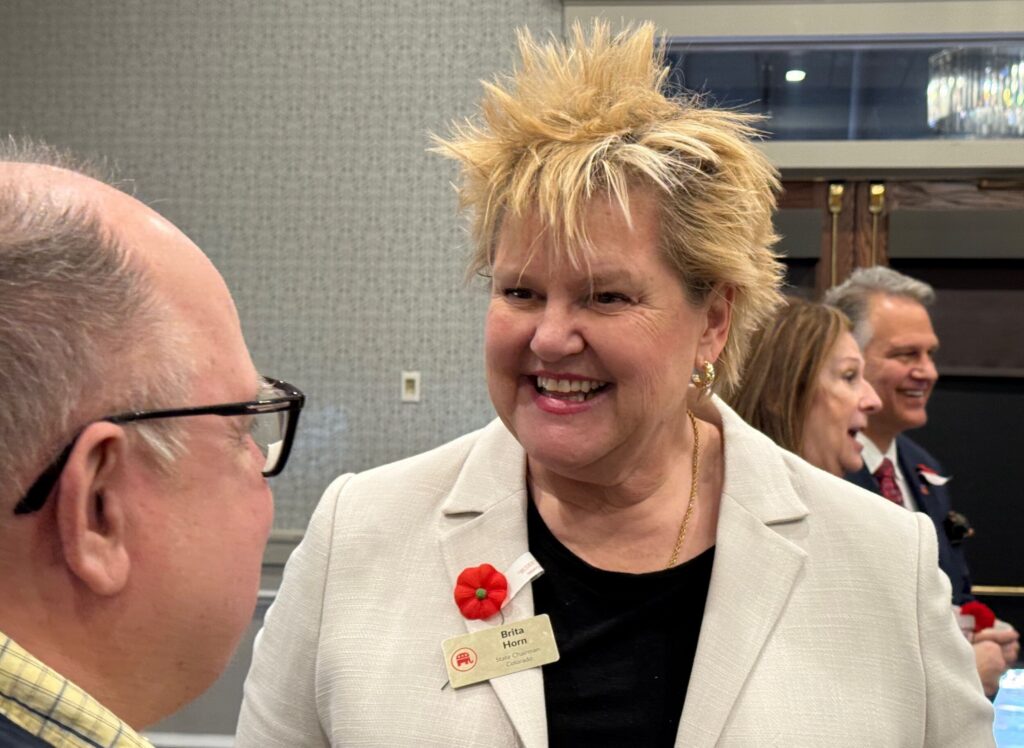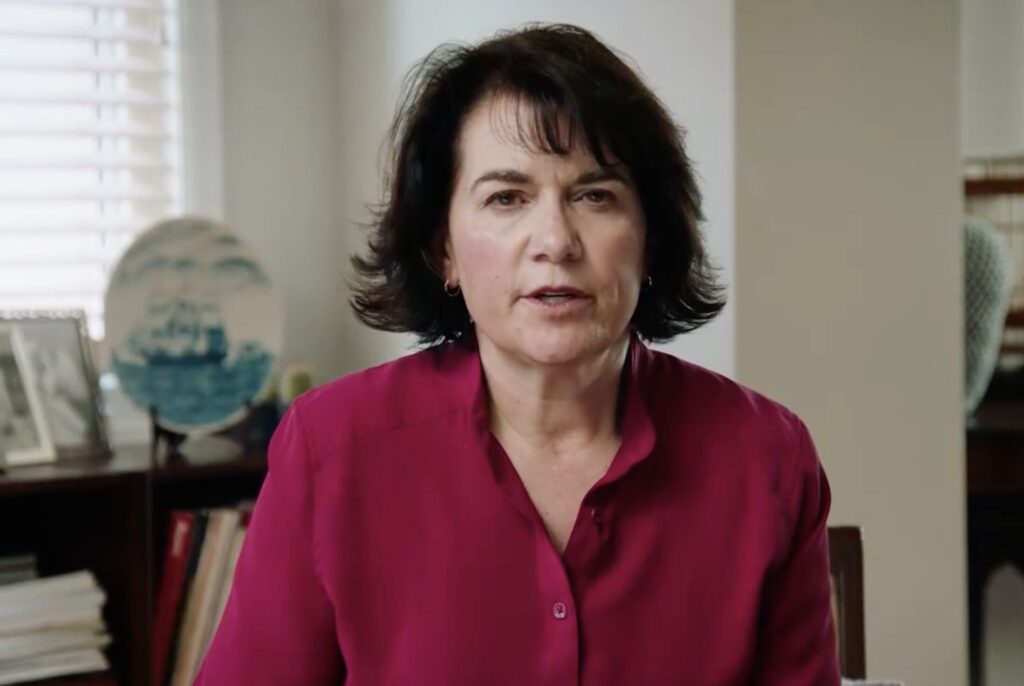Democrats reject bill to increase penalties in child sex crimes, Colorado justices tackle ski resort immunity | WHAT YOU NEED TO KNOW

Today is Feb. 16, 2024, and here’s what you need to know:
A Democratic-controlled House committee killed legislation that supporters said would put more teeth into Colorado law following hours of testimony, in which victims who were bought and sold as children for purposes of sexual exploitation sought to persuade lawmakers to advance the measure.
House Bill 1092 would have mandated minimum sentences for those who buy children for sexual exploitation. The bill was heard in the House State, Civic, Military and Veterans Affairs Committee, which is also known as the “kill committee.” On Thursday, the panel lived up to its nickname, killing the bill on an 8-3 party-line vote.
Advocates said they aren’t giving up and promised to be back next year.
More than 50 witnesses packed a state Capitol hearing room, with all but three testifying in favor of the bill. While all were adults, many were survivors who testified they had been sold when they were children. The sellers were often either family members or friends. Several testified they did not know the buyers.
In a case that attracted the interest of Colorado’s outdoor recreation industry, the state Supreme Court considered on Tuesday whether parents may waive their children’s right to sue for debilitating injuries that are allegedly the fault of a negligent ski resort operator.
Annalea “Annie” Miller was 16 years old when she fell 30 feet from a chair lift at Crested Butte Mountain Resort. Her father, Michael D. Miller, filed suit alleging Annie’s injuries – which resulted in her paralysis – were the product of the operator, Vail Resorts, failing to exercise the appropriate level of care in running the lift.
After a trial judge dismissed Miller’s negligence claim, Miller appealed directly to the Supreme Court, arguing Vail Resorts’ legal duty to its customers was not something he could sign away on Annie’s behalf when he acknowledged in a waiver they would “assume all risks and dangers of the activity.”
Reporter Scott Weiser interviewed state Sen. Sonya Jaquez Lewis, D-Boulder, regarding her sponsorship of Senate Bill 24-159, which proposes to ban all new oil and gas drilling by 2030. Here’s an excerpt:
DG: I’m just wondering, this proposal would essentially prevent oil companies from accessing their own resources underground. Does that raise Fifth Amendment takings issues and issues with the state constitution that prohibits takings without just compensation?
Jaquez Lewis: We are saying that they have thousands and thousands of wells that they have permits for. There is no takings. They will be able to continue to produce. There’s nothing in the bill that says that they cannot keep producing from the wells that they have. It’s over 50,000 wells in the state.
DG: Right. But what about the properties that they have not drilled yet, where they own the resources or are leasing the resources? Aren’t those going to be locked up?
Jaquez Lewis: Well, not at all. We already know that fossil fuel demand is going down and we’re already on our way to 80% clean energy by 2030. So if fossil fuel demand is going down and they have access to over 50,000 wells, there’s going to be plenty of oil and gas production.
A bipartisan group of Colorado officials and lawmakers on Wednesday unveiled legislation that allocates millions of dollars in tax credits, which they say would help position Colorado as one of the nation’s top quantum tech hubs.
Gov. Jared Polis and state legislators on Wednesday announced legislation that creates an income tax credit and a “loan loss” reserve.
The Biden administration named Colorado a federally-designated quantum tech hub in October, citing the industry’s technological uses for medicine, computing, logistics, networks and military operations.













